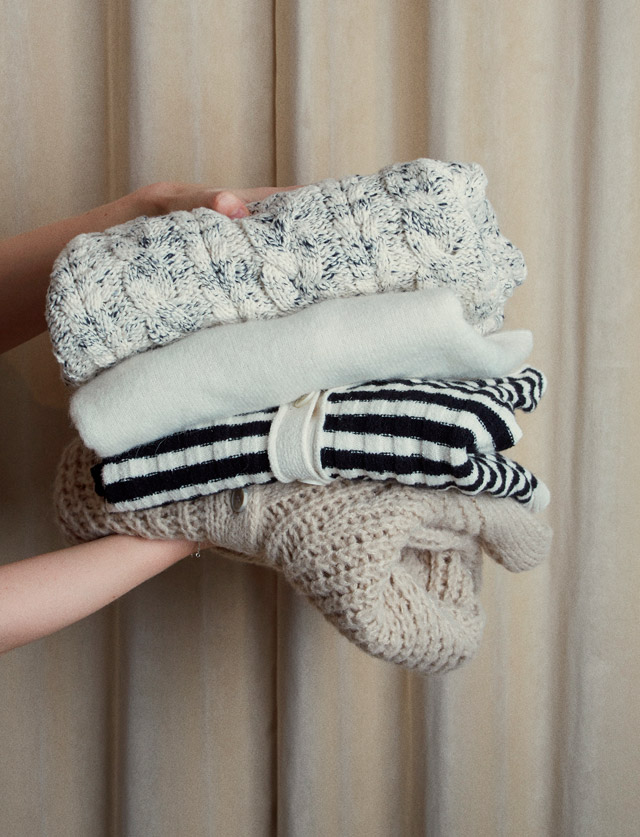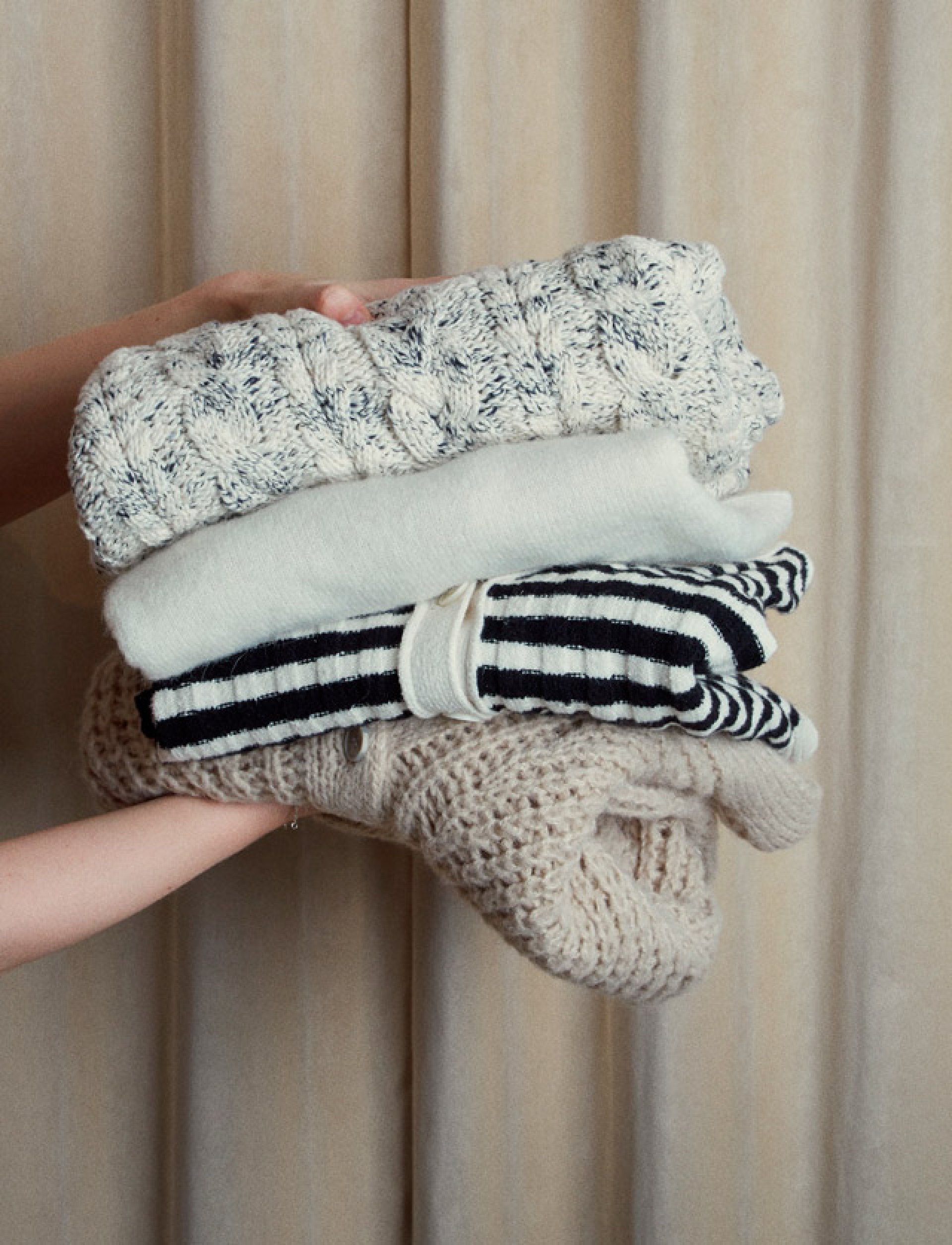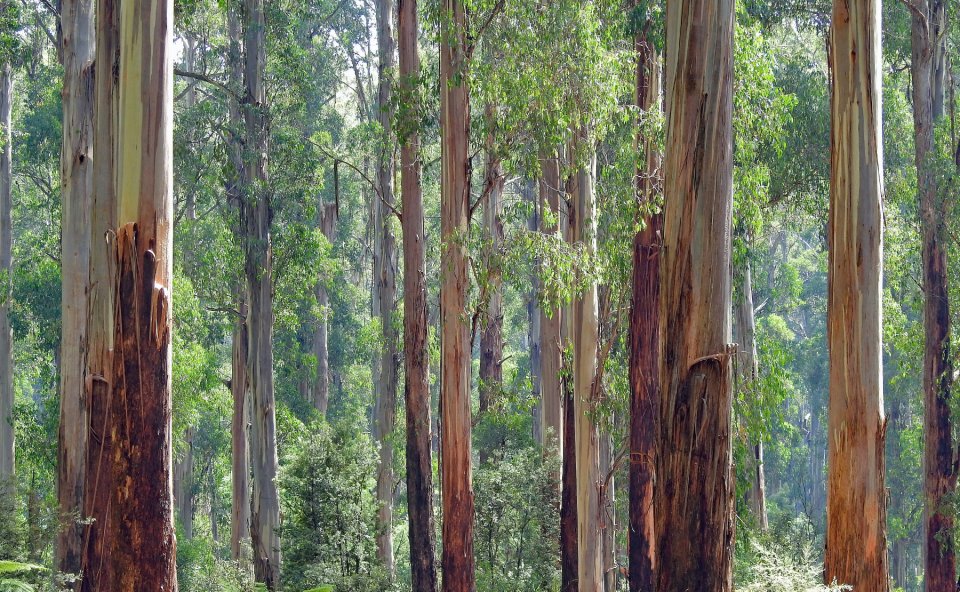Responsible Textiles
We are increasingly focusing on designing clothing using responsible textiles to address the fashion industry's significant reliance on nature's limited resources.While traditional fabrics and textile treatments can have a negative environmental impact, proven alternatives – such as organic materials and innovative, low-impact fabrics – are now available. These materials offer a lighter footprint and help us reduce our overall impact on the planet.
MSCH COPENHAGEN is a certified responsible company, ensuring that our entire production supply chain meets recognized standards for responsibility. We work with a range of certified responsible fibres, including TENCEL™ Lyocell, LENZING™ ECOVERO™ Viscose, and TENCEL™ Modal
To further demonstrate our commitment, we adhere to globally recognized certifications, including: Global Recycled Standard (GRS), Responsible Down Standard (RDS), Responsible Wool Standard (RWS), Responsible Mohair Standard (RMS), Responsible Alpaca Standard (RAS), Organic Content Standard (OCS)
We have created a fibre evaluation tool to guide us in making more conscious and responsible choices. This tool is built on extensive research and takes a holistic view of sustainability, ensuring it remains relevant through regular updates. View Our Fibre Guide
MSCH COPENHAGEN is a certified responsible company, ensuring that our entire production supply chain meets recognized standards for responsibility. We work with a range of certified responsible fibres, including TENCEL™ Lyocell, LENZING™ ECOVERO™ Viscose, and TENCEL™ Modal
To further demonstrate our commitment, we adhere to globally recognized certifications, including: Global Recycled Standard (GRS), Responsible Down Standard (RDS), Responsible Wool Standard (RWS), Responsible Mohair Standard (RMS), Responsible Alpaca Standard (RAS), Organic Content Standard (OCS)
We have created a fibre evaluation tool to guide us in making more conscious and responsible choices. This tool is built on extensive research and takes a holistic view of sustainability, ensuring it remains relevant through regular updates. View Our Fibre Guide
Lyocell
Lyocell
Made from cellulose fibers, which are harvested from fast growing eucalyptus trees that require low water and pesticides to grow. Produced in a closed loop system, where it is possible to reuse almost 100% of chemicals as well as water.
Lenzing™ Ecovero™ Viscose
Lenzing™ Ecovero™ Viscose
LENZING™ ECOVERO™ fibers are made from wood, a natural and renewable raw material carefully sourced from responsibly managed forests. The wood taken from nature is purposefully balanced with forest growth rates, to ensure the continued availability of this valuable resource. The responsible production of LENZING™ ECOVERO™ fibers uses at least 50% less water and emits at least 50% less CO² compared to generic viscose fibers, according to Higg MSI*, thereby saving precious resources for future generations. LENZING™ ECOVERO™ fibers certified with the EU Ecolabel for high environmental standards throughout their life cycle*
*Results based on LCA standards (ISO 14040/44) and available via Higg MSI (Version 3.7)*EU Ecolabel for textile products (license no. AT/016/001).
LENZING™ and ECOVERO™ are trademarks of Lenzing AG
Organic Cotton
Organic Cotton
Is grown without the use of chemicals and fertilizers, which means it has a much lower impact on the environment. Uses less water in the long run, as when the soil is rich in natural nutrients it can retain the water better. Third-party certification organizations verify that organic producers use only methods and materials allowed in organic production.
Recycled Nylon
Recycled Nylon
Recycled nylon is derived from old nylon products, and a large part comes from old fishing nets. The plastic chips are from recycled materials and not derived directly from coal or petroleum, which means production uses much fewer resources than virgin nylon.
Recycled Wool
Recycled Wool
Recycled wool is derived from wool, which has been shredded and then spun into new yarns ready to make new garments. This process helps reduce the number of garments going into waste after use and gives the wool new life instead.
CERTIFIED BY ECOCERT GREENLIFE, 249809
TEXTILEEXCHANGE.ORG/STANDARDS
TEXTILEEXCHANGE.ORG/STANDARDS














